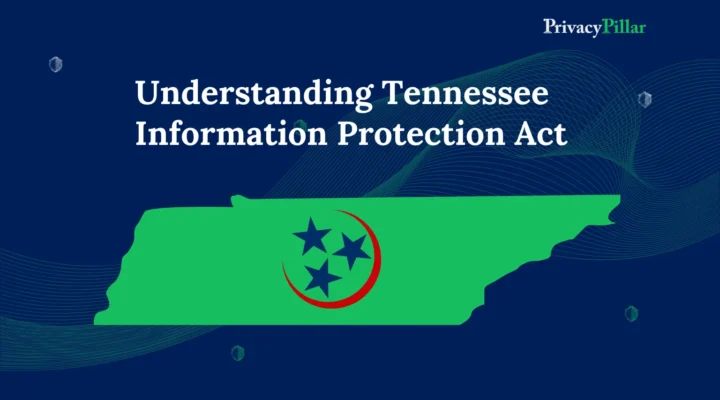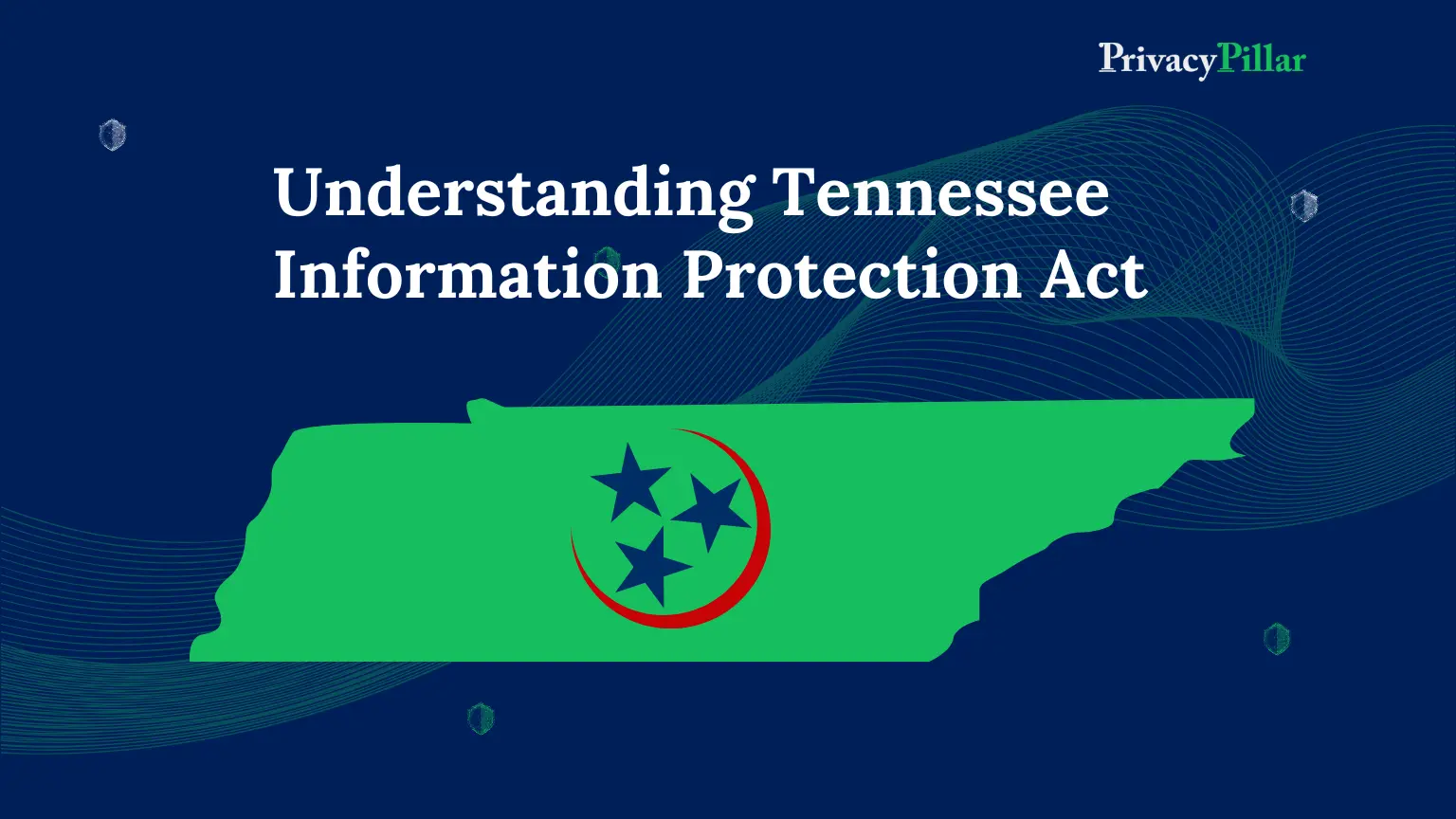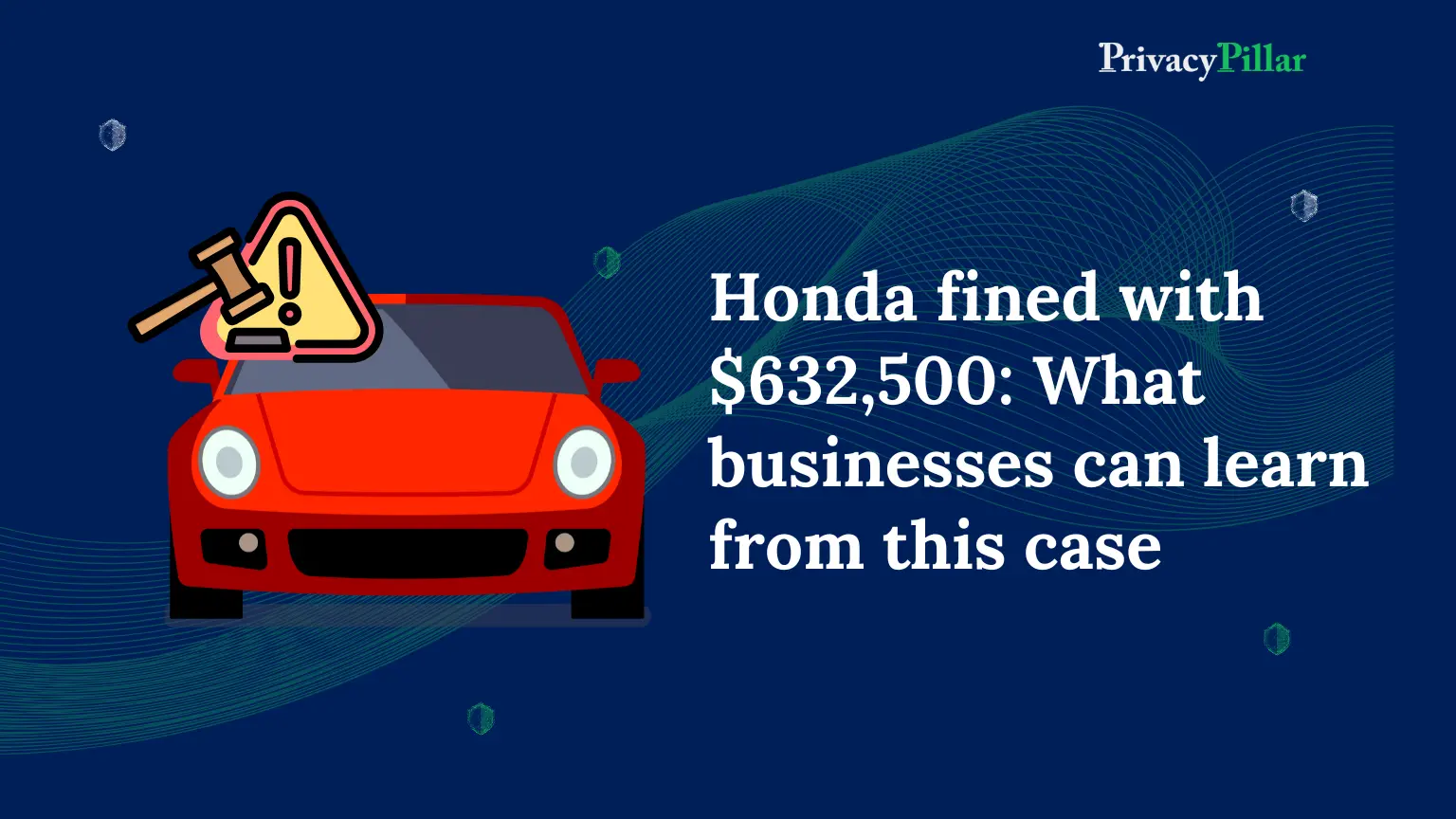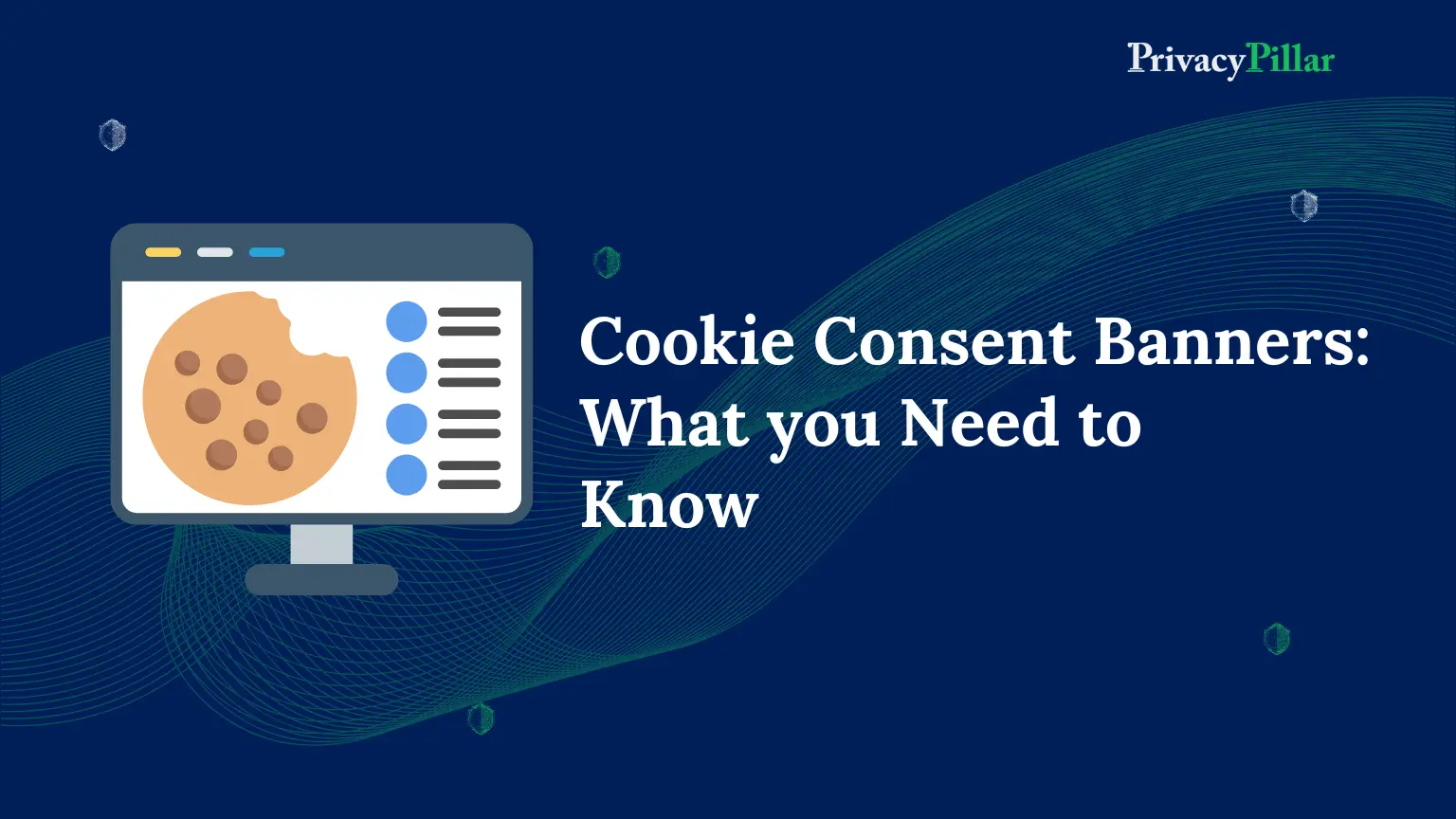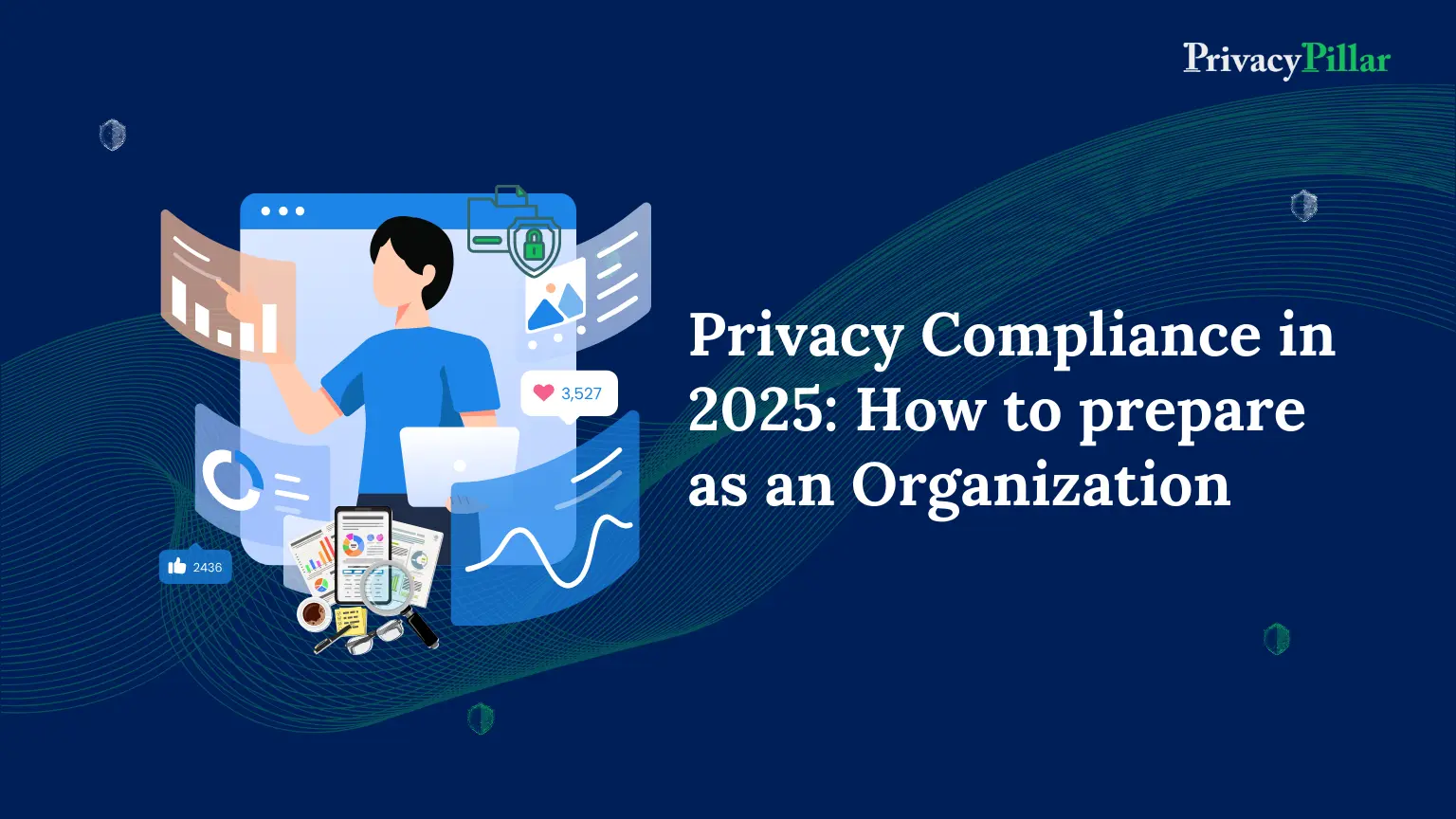
Privacy Compliance in 2025: How to prepare as an organization
Privacy compliance in 2025 is no longer a checkbox, it’s a priority. With new laws, technologies, and consumer expectations, businesses need to stay ahead of the curve. Whether you’re a seasoned privacy professional or a business owner managing compliance for the first time, this blog will break down what to expect in 2025 and how to prepare as an organization. Let’s dive into the privacy landscape for 2025.
Why Privacy Compliance Matters More Than Ever
Privacy compliance is not only about avoiding fines; it’s about building trust with your customers and showing that you respect their data. In 2025, trust will play a bigger role in consumer decisions.
A study by CISCO shows that almost 94% of organizations believe their customers would stop buying from them if they didn’t protect data properly. At the same time, global privacy laws are getting stricter, with fines reaching millions of dollars. Ignoring privacy compliance can harm your reputation and severely impact your finances.
Key Privacy Compliance Trends in 2025
Future State Privacy Laws Becoming Effective in 2025:
New Hampshire Privacy Act (NHPA)
Effective January 1, 2025. It covers businesses that handle the data of at least 35,000 state residents each year. Consumers can have their data access rights, correct and delete data, and opt out of particular data use.
Nebraska Data Privacy Act
Effective January 1, 2025, requires businesses to process or sell personal data of Nebraska residents. Under the NDPA, rights granted to consumers will include obtaining corrections or deletion of personal data and preventing the sales of data and targeted advertisement.
New Jersey Data Privacy Act (NJDPA)
Effective January 15, 2025, NJDPA applies to entities dealing with the personal data of at least 100,000 consumers every year. It provides for consumer rights to access, correct, and delete their information and to opt out of data sales or targeted advertisements.
Delaware Personal Data Privacy Act (DPDPA)
Effective January 1, 2025, the DPDPA applies to businesses processing personal data of at least 35,000 Delaware residents. It grants consumers rights to access, correct, and delete their data, and to opt out of data sales or targeted advertising.
Iowa Consumer Data Protection Act (ICDPA):
Also, effective January 1, 2025, the ICDPA applies to entities processing personal data of at least 100,000 Iowa residents. It gives consumers the rights to access, correct, and delete their data and opt out of sales or targeted advertising.
Vermont Data Privacy Law
Effective from July 1, 2025, this law allows consumers to sue companies that violate privacy rules. It restricts the sale of sensitive personal information and limits the amount of data companies can collect.
Growing Importance of AI
AI tools help businesses in improving efficiency, but they also carry risks. Mismanaged AI systems may lead to data breaches or discriminatory outcomes against users, violating privacy laws. Therefore, the ethics and regulatory compliance of AI systems should be ensured by privacy professionals.
Consent Management
Consumers want more control over their data. In 2025, businesses will need to be able to demonstrate that they have well-defined processes for collecting and managing consent. This includes using tools such as Consent Management Platforms (CMP) to track, store, and update consent preferences.
Privacy by Design
It is important to include privacy in every stage of product or service development. Privacy by Design means considering data privacy from the very beginning, instead of adding it later. This approach makes it easier to include privacy measures in the core design and function of products or services.
How Businesses Can Stay Compliant in 2025
Know the Laws That Apply to You
Start with knowing the privacy laws of your country and industry. For American businesses, this may mean CCPA or state laws. If you are working globally, then GDPR and other international laws apply.
Leverage Privacy Tools
Invest in tools like:
- Consent Management Platforms- for smooth user consent management.
- Data Subject Access Request (DSAR) Automation- to manage all the user requests for data.
- Cookie Compliance Software- to comply with cookie regulations.
All of these tools are easier to use while lowering the chances for human errors about compliance.
Train Your Team
The responsibility of privacy compliance doesn’t solely depend on one division. Train your staff, from collecting data to maintaining consent management. That is how everybody within your organization can contribute towards protecting client privacy.
Role of Consent Management Platforms in 2025
A Consent Management Platform (CMP) is your best partner for compliance in 2025. It ensures that you collect, manage, and store consent according to privacy laws.
The following are the reasons why businesses must have CMPs:
- Transparency: Users can view and control their data preferences.
- Efficiency: Automatically updates consent records in case of a change in law or user preference.
- Trust: Customers will feel secure knowing their data is being managed the right way.
Challenges to Watch Out for in 2025
Keeping Up with Changing Laws
Businesses need to stay informed about new laws and legal updates or collaborate with privacy experts to avoid falling behind.
Managing Multiple Tools
Using multiple privacy tools can get messy. Businesses will need solutions that integrate seamlessly to simplify processes.
Balancing Privacy with User Experience
Too many consent pop-ups can frustrate users. The key is finding a balance—providing transparency without overwhelming them.
How Privacy Professionals Can Lead the Charge
Being a privacy professional, your role is of paramount importance. Here’s how you can lead the charge in 2025:
- Stay Informed: Frequently review changes in laws and regulations.
- Advocate for Privacy by Design: Encourage your organization to have privacy inbuilt into all business processes.
- Leverage Technology: Use advanced privacy tools to make compliance easier.
Future-Proof Your Business for Privacy Compliance
Privacy compliance is not going away, it’s becoming more complex. Businesses that invest in compliance today will gain a competitive edge tomorrow.
Some Easy Steps to Future-Proof Your Business
- Use a Consent Management Platform
- Review your data privacy policies regularly.
- Train your team on privacy best practices
- Ensure your privacy team is regularly updated on the latest laws.
Conclusion
Privacy compliance in 2025 will become even more crucial for businesses. With new laws, changing technologies, and higher consumer expectations, staying ahead of the curve is essential. By understanding relevant laws and using tools like Consent Management Platforms, organizations can ensure compliance and build customer trust. By investing in the right tools, educating teams and staying informed, businesses can not only meet compliance requirements but also position themselves for success in a privacy-conscious world.
FAQs
What is a Consent Management Platform (CMP)?
A Consent Management Platform is used by businesses to collect, manage, and store user consent in line with the laws of privacy.
How can small businesses ensure privacy compliance?
Start with an understanding of which laws apply to them, affordable privacy tools, and train their teams.
Why should a business care about privacy compliance?
Privacy compliance will protect your business from legal risks, build trust among customers, and helps ensure competitiveness.
